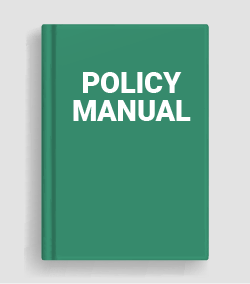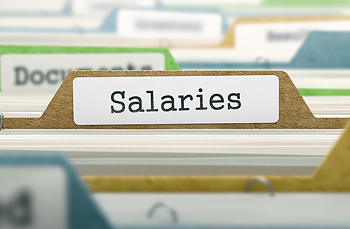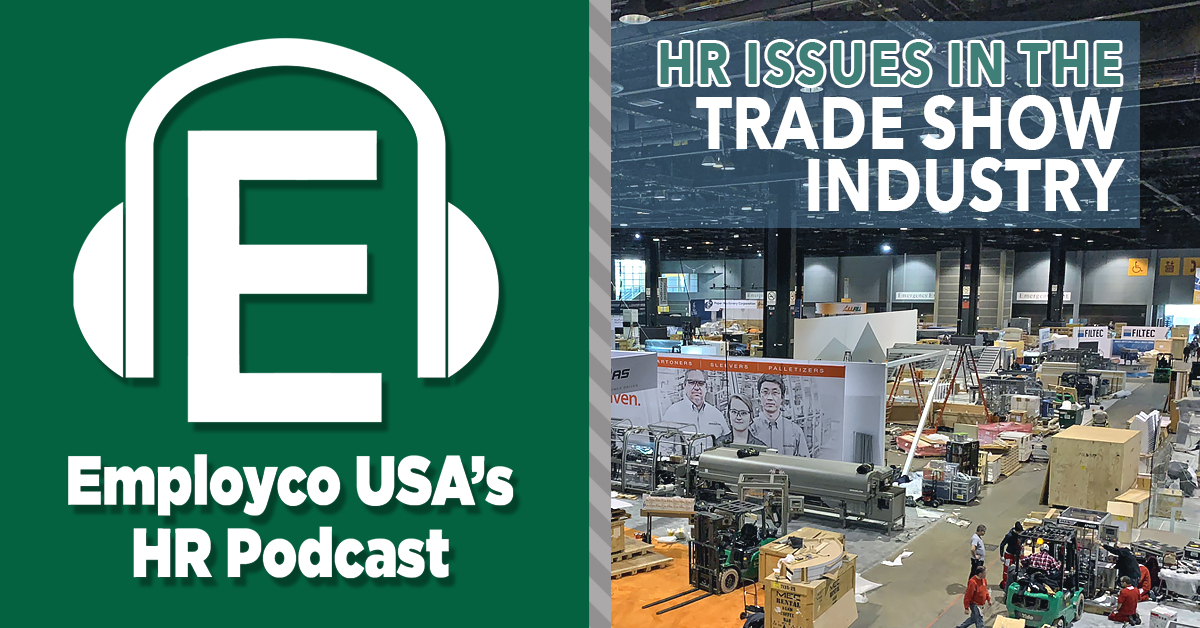Employment trends expert explains how to circumvent common payroll problems
 Payroll errors cost your company more than just time and money, they also gravely harm the trust between you and your employees.
Payroll errors cost your company more than just time and money, they also gravely harm the trust between you and your employees.
“When payroll makes an error, even a small one, it can make a major impact on the employee’s personal life,” says Rob Wilson, President of Employco USA and human resources expert. “They may feel as though their effort isn’t respected or valued by their employer, and it can lead to very costly and pervasive issues like absenteeism and presenteeism.”
Wilson’s employment solutions firm, Employco USA, helps companies of all sizes with their payroll. “We work with companies who still take the old-school approach of handwritten timesheets and we work with companies who do everything electronically,” he says. “Many of our clients come to us after they have experienced expensive errors from doing payroll on their own. While it is possible to submit your own payroll via Quickbooks and other technology, outsourcing payroll can be a wise move especially as our political landscape continues shifting and requirements are changing.”
Here, Wilson outlines the top 5 mistakes which he has seen negatively impact companies’ payroll.
Lack of compliance with state and federal regulations. “Keeping up with the reciprocal agreements between states is really important, yet I have seen clients neglect this issue or be confused about how to approach it,” says Wilson. “For example, if you have an employee who lives in Indiana but works in Illinois, you need to consider which state takes precedent when it comes to payroll taxes.”
Continue reading →

 Last month, ICE officials detained hundreds of undocumented workers in Mississippi. When the raids (which took place in 7 different cities and 6 different work sites) were complete, 680 employees were in the custody of U.S. Immigration and Customs Enforcement officials.
Last month, ICE officials detained hundreds of undocumented workers in Mississippi. When the raids (which took place in 7 different cities and 6 different work sites) were complete, 680 employees were in the custody of U.S. Immigration and Customs Enforcement officials. After shocking crimes of sexual assault came to light thanks to the #MeToo movement, many employers have been inspired to rededicate themselves to making their workplaces safer and more equitable for men and women. But, starting January 1, 2020, new changes to sexual harassment policies will require all companies to pay closer attention to this very important issue.
After shocking crimes of sexual assault came to light thanks to the #MeToo movement, many employers have been inspired to rededicate themselves to making their workplaces safer and more equitable for men and women. But, starting January 1, 2020, new changes to sexual harassment policies will require all companies to pay closer attention to this very important issue. Employers in Illinois will be required to make changes to their hiring practices in the near future. Starting
Employers in Illinois will be required to make changes to their hiring practices in the near future. Starting  Aside from understanding the zero-tolerance expectation, employees also need to know what to do when violence occurs in the workplace. “What are your emergency guidelines? You’ve got an employee handbook. You probably have fire drills, tornado drills — what happens in that type of emergency?” Employco USA President and Employment Expert Rob Wilson said. And what happens when someone fires a gun in the workplace, he asked: “What are your security protocols? Where do people go? Who contacts emergency services?”
Aside from understanding the zero-tolerance expectation, employees also need to know what to do when violence occurs in the workplace. “What are your emergency guidelines? You’ve got an employee handbook. You probably have fire drills, tornado drills — what happens in that type of emergency?” Employco USA President and Employment Expert Rob Wilson said. And what happens when someone fires a gun in the workplace, he asked: “What are your security protocols? Where do people go? Who contacts emergency services?”
 In an effort to establish
In an effort to establish  Another tragic outbreak of mass shootings has left many Americans reeling. As people struggle to cope with the aftermath of this senseless violence, it is important for employers to ensure that their workplaces feel safe and supportive for all workers. Rob Wilson, employment expert and President of Employco USA, says “One in seven Americans say they don’t feel safe at work. But the good news is that small steps can help to build feelings of security and community in your workplace.”
Another tragic outbreak of mass shootings has left many Americans reeling. As people struggle to cope with the aftermath of this senseless violence, it is important for employers to ensure that their workplaces feel safe and supportive for all workers. Rob Wilson, employment expert and President of Employco USA, says “One in seven Americans say they don’t feel safe at work. But the good news is that small steps can help to build feelings of security and community in your workplace.”
 The data breach at Capital One is a global security crisis that has impacted millions of people. Sadly, breaches like these are only becoming more common, and employers have a responsibility to protect their employees and their clients.
The data breach at Capital One is a global security crisis that has impacted millions of people. Sadly, breaches like these are only becoming more common, and employers have a responsibility to protect their employees and their clients. Payroll errors cost your company more than just time and money, they also gravely harm the trust between you and your employees.
Payroll errors cost your company more than just time and money, they also gravely harm the trust between you and your employees.